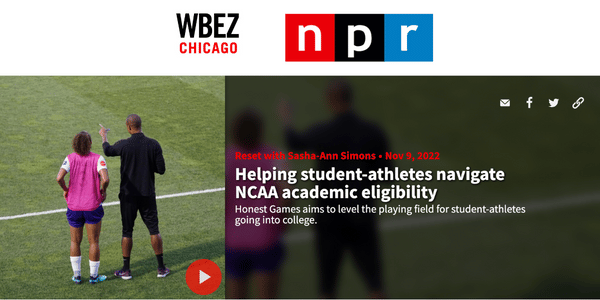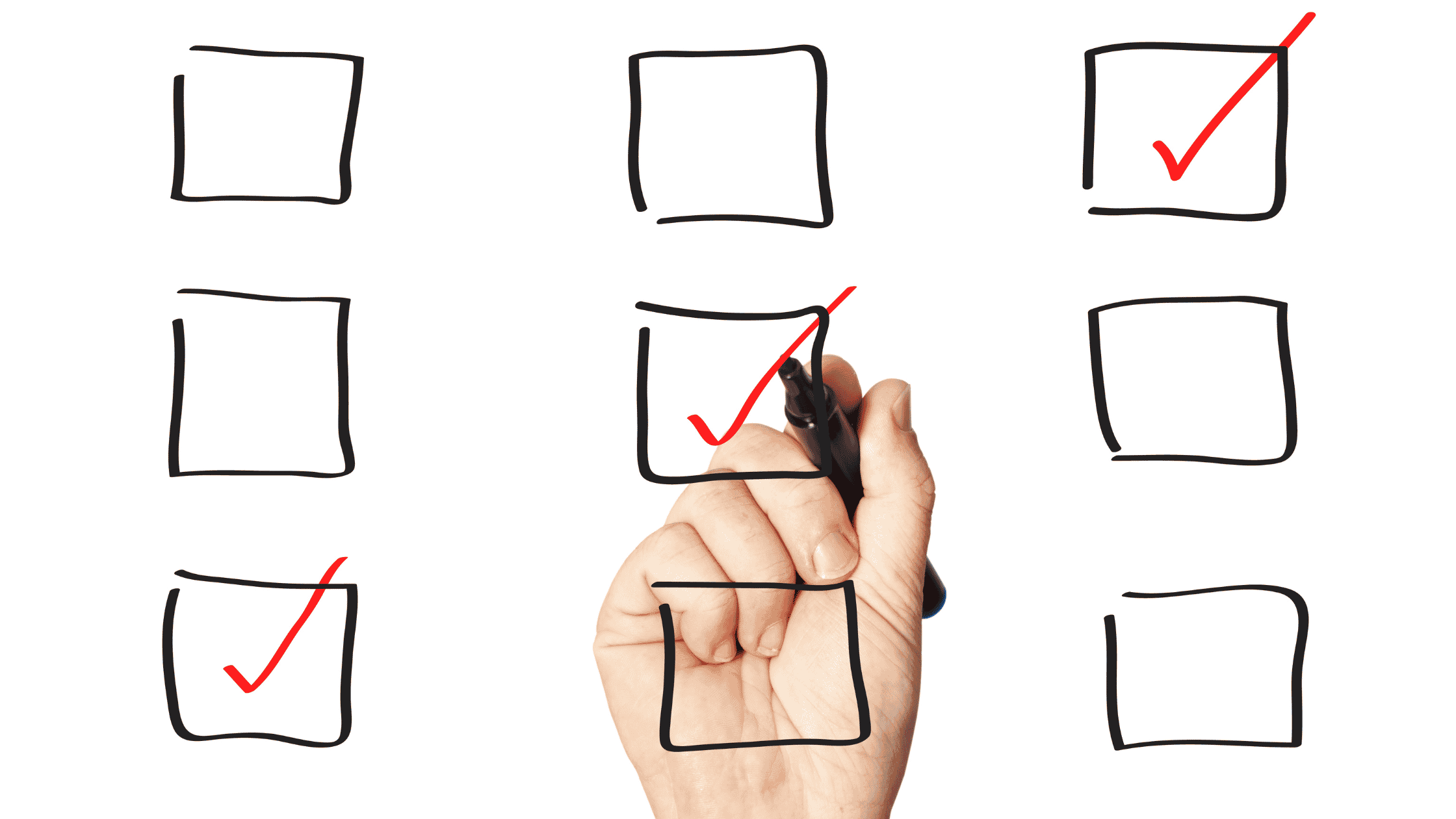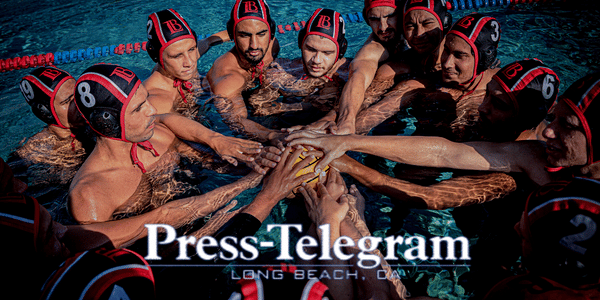Top 10 Things for Student-Athletes to Think About During Winter Break
Published on Dec 20, 2023

For student-athletes, winter break can provide the ideal opportunity for reflection and strategic planning. Focusing on academics is key, especially for those eyeing NCAA or NAIA eligibility. Don’t just view your winter break as a pause – consider it halftime on your mission to play sports at the college level, both in the classroom and on the field.
Here are the top 10 priorities to keep in mind during this well-deserved break:
- Research College Eligibility Requirements and Recruiting Rules: Familiarize yourself with the academic requirements for NCAA, NAIA, and junior college eligibility. This knowledge will help you make informed academic decisions throughout your high school career.
- Complete an Academic Check-in: Are you meeting the academic requirements for college sports eligibility? Take a moment to review your NCAA-approved Core Courses process and current NCAA Core GPA. This is where Honest Game can help! Honest Game’s CARE® tracks your academic eligibility process, identifies areas for improvement, and creates a personalized plan to help you boost your grades if necessary. At the end of each term, check your Honest Game report for your updated NCAA Core GPA. If your NCAA Core GPA is below 2.3, meet with your school counselor to set a goal for the future.
- Maintain Academic Momentum and Set Goals for the New Year: Use the extra downtime to catch up on any outstanding assignments and create a plan to ensure you finish the year strong and on a path that aligns with NCAA/NAIA eligibility standards.
- Finalize Transcripts: If you’re a senior in the midst of college applications, double-check that your transcripts are accurate and up-to-date. Ensure that they include all the necessary information for NCAA or NAIA compliance.
- Test Preparation: For juniors or seniors planning to take standardized tests, use your winter break to prepare. Even though standardized tests will no longer be required to meet NCAA Initial Eligibility, test scores can enhance your scholarship opportunities and may still be necessary for NAIA eligibility.
- Complete College Applications: Seniors, use this break to finalize college applications. Ensure you’ve met all academic requirements and submit any additional documents needed for NCAA or NAIA eligibility. Contact the coach recruiting you to verify the date you should submit your application.
- Research Scholarship Opportunities: Explore academic scholarship opportunities offered by NCAA or NAIA member institutions. Many schools provide financial aid based on both athletic and academic achievements.
- Register with the NCAA/NAIA Eligibility Centers: Beginning sophomore year, you should register with the NCAA Eligibility Center and/or NAIA Eligibility Center if you are considering playing sports at the DI, DII, or NAIA levels.
- Fee waivers are available, as is an initial free NCAA Student Profile account. If you are unsure if you qualify for a fee waiver, contact your school counselor.
- You need your NCAA ID # and completed NCAA Eligibility Center registration in order to take official visits, which start junior year.
- Make a Potential College List: Create a target list of schools, bucketed into three lists: academic/athletic reach schools, best-fit schools, and safety schools. Being realistic about the academic and athletic fit of each school is the key to positive recruiting experiences and college admission outcomes.
- Reach Out to College Coaches: Maximize your recruiting during winter break by emailing coaches directly to express your interest in their program and why you would be a good athletic (and academic) fit. Learn more about how to leverage your academics when communicating with college coaches. Don’t be alarmed if you don’t hear back from coaches right away. Depending on the sport’s recruiting calendar and your year in school, coaches may be limited to the type of correspondence they can have with recruits.
As you enjoy your winter break, remember to continue to prioritize your academics goals while chasing your dreams of playing college sports. While you may not have your college goals mapped out yet, starting the academic and recruiting process early on is key to not missing out on future opportunities.
Honest Game’s Checklist for College-Bound Student-Athletes highlights the key steps to getting recruited and ensuring you’re on the path to academic full-qualifier status to practice, compete, and earn a scholarship for college sports.
Have more questions? Honest Game counselors are available to provide one-on-one assistance to support student-athletes in navigating post-secondary opportunities both athletically and academically. Schedule a time to meet virtually with our experts.




